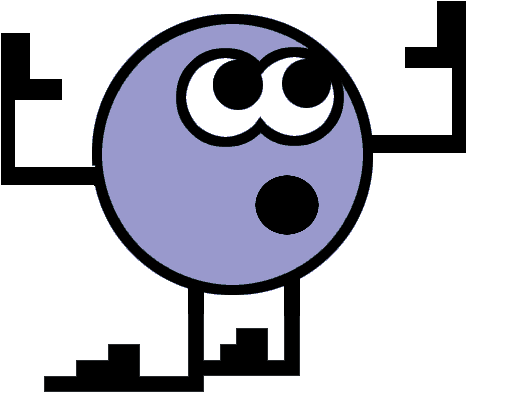That's a PhD level question. I'm not one of those.  But I can tell you this: There are striking similarities in tensions and resolutions among the music of many different world cultures. Not all ethnic groups execute phrasing and composition the way we do, but there does seem to be some universality in the way the human ear and brain process musical tension and resolution.
But I can tell you this: There are striking similarities in tensions and resolutions among the music of many different world cultures. Not all ethnic groups execute phrasing and composition the way we do, but there does seem to be some universality in the way the human ear and brain process musical tension and resolution.
Two quick examples:
1. The Beatles were waaaay influenced by Indian modality and instrumentation when they worked with Ravi Shankar.
2. Derek Trucks Band. http://www.youtube.com/watch?v=N65cP52NC8s (Skip to the 2:00 mark if you don't want to hear the intro)
One long example:
Here's an instrument I studied for a while. It's called the khaen, from certain tribal regions in NE Thailand and Laos. http://www.youtube.com/watch?v=dZcQIxaYJto
If you listen to this music you might think it harmonically resembles our bluegrass or folk music. In fact, the khaen was built before western musical influence came to this region of the world. Instrument makers had no method for absolute tuning such as a pitch pipe, so they tuned by ear using relative tuning. (Relative tuning just means that the instrument is in tune to itself but not tuned to an absolute pitch. For an example of this, turn your low e string down 1/2 turn, tune the rest of your guitar to it, and then try and play in tune with a piano. The guitar is tuned to itself but not to any absolute pitch, whereas the piano is tuned to a440.)
As it turns out these old Laotian dudes were tuning these khaens by ear SO CLOSELY to a western major scale that for a college project I wrote a songbook that transcribed portions of the Lomax anthology of folk music for khaen players (of which there are probably 3, counting me  ) I always found it striking that these river tribes were tuning to a relative scale that was almost identical to the one Mozart was using to write his first sonatas, at the exact same time he was writing those sonatas.
) I always found it striking that these river tribes were tuning to a relative scale that was almost identical to the one Mozart was using to write his first sonatas, at the exact same time he was writing those sonatas.
To get back to your question about whether this is a universal law of music, I'd say that your question isn't really possible to answer. But there does seem to be a lot of harmonic and scalar consistency among folk music of many different cultures.
